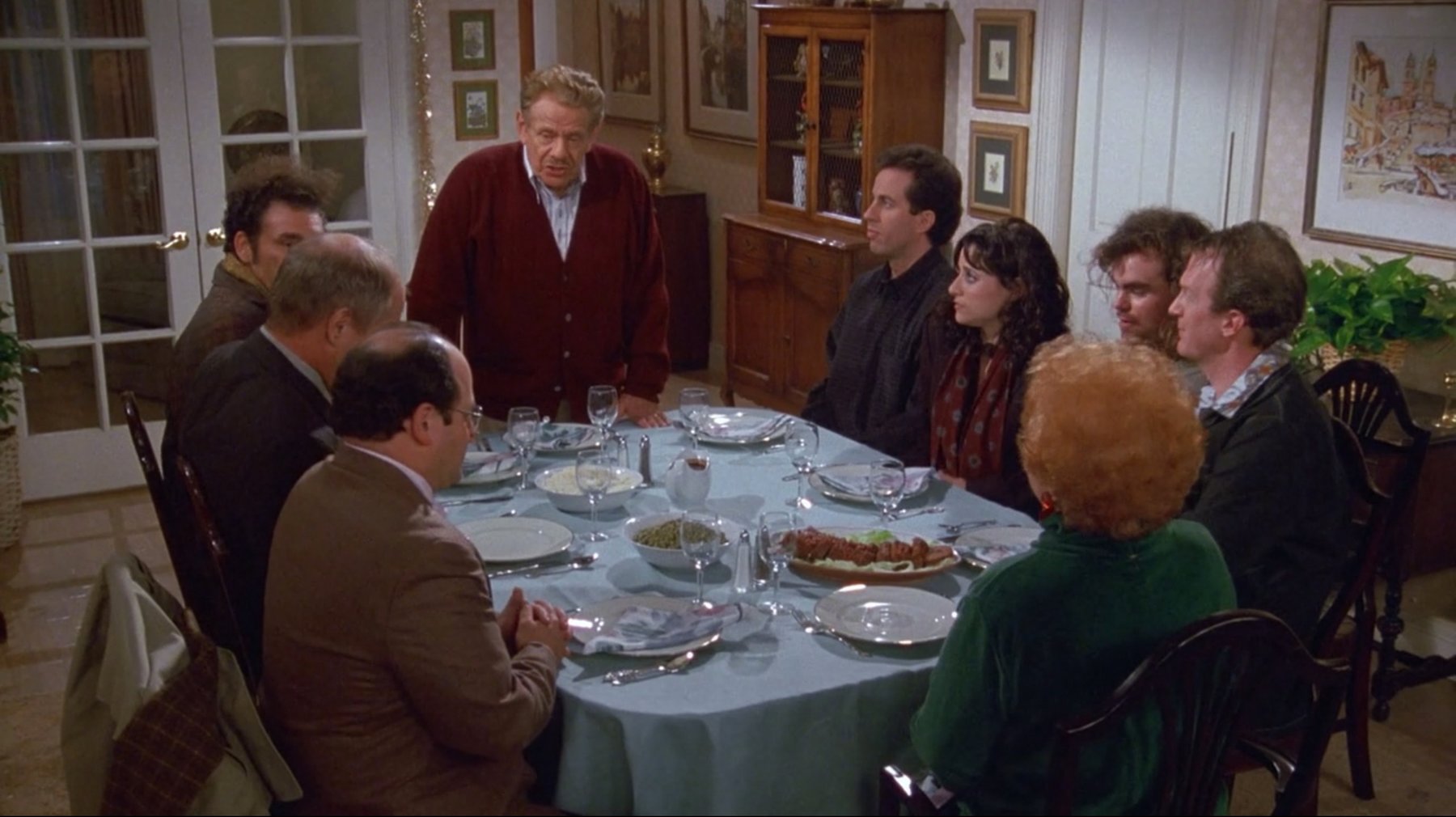The Tradition of Festivus
Festivus is an ancient holiday enjoyed on the first day of January as a break from the hectic season and the commercialism of Christmas. The festival of Festivus was born in Greece when the Romans celebrated the winter festival of Saturn’s birth. Saturn was the god of wood and trees. In ancient Greece, the festival of Festivus had different names including “Fulvius” which means “seaside festival” and ” Festia” which means “a shower of gifts”. In ancient times, the gifts given to the gods and goddesses during this time were wood, garlands, apples, cheese, honey, olive branches as well as many others. In addition, this celebration was thought to be a celebration for the coming of winter.
The origin of Festivus can be traced back to two sources. The first one is the tale of a Wise man who was told by a sheep herder that on that day, hisshe would find a sheep named Festiva. The herder warned the wise man that on that day no one would find a sheep until December twelve. The story then goes on to say that on the twelfth day, a star dropped from the sky and fell in the midst of the sheep. The sheepherders gathered around and enjoyed the miracle of its coming, until they were visited by the Goddess Diana who sent them twelve stars, saying that they would receive a king after twelve days.
Another source of the tale of Festivus relates that it was actually the birthplace of Jesus Christ. A statue of a baby Christ bearing twelve stars was being built by a priest, when a bolt of lightning flashed from the heavens and struck the baby Jesus right in the forehead. When the people saw this, they rushed to see what happened to the baby Jesus and when they arrived, they found him on the white rock which was the place where the baby had been resting. They announced this to the whole world and Christmas was celebrated for the first time ever.
Christmas is celebrated in many parts of the world, but the reason for the name Festivus comes from the ancient Grecian festival of Festiva, which was held in the month of December and was supposedly founded by a King Cufalaucis of the fifth century B.C. In addition to the traditional Christmas celebration on a Christmas tree, many other customs are observed. The Nativity, which was shown in the movies, was supposedly also founded on a Festivus Pole.
Any festivus for the rest of us would not be complete without the classic traditions of hanging gifts on the Festivus pole, which has become an infamous symbol of Christmas. Many people will choose to give money or gifts to friends and family members rather than placing their gifts on the pole. Others will hang their lit candles from the Festivus pole as well. This could include an old fashioned scented candle with lots of beautiful Christmas ribbons trailing down the length of it. These and many other traditions have become part of our personal traditions and they help us commemorate the Holiday season.
The tradition of celebrating Christmas on festivus poles is not exclusive to Christianity alone. Many other cultures around the world celebrate it differently. Some will add presents to their Festivus poles to congratulate friends and family, while others will celebrate the Holiday differently by decorating their streets, houses, parks, trees and even social media profiles with festivus decorations.
The point of the tradition of hanging gifts on the festivus dinner pole is to celebrate the achievements of the people on such occasions. In doing so, we celebrate our past as well as our future, and we look forward to the bright future that lies ahead. We want to be free to choose the people and things in our lives, and that is why we celebrate by giving and receiving gifts on festivus dinner poles. It is an act of gifting our past and future to someone else, without asking them to reciprocate. The fact that a gift was given on this pole shows that the gift giver has faith in the other person’s ability and achievements and he or she wishes to celebrate the achievements with that person.
Some families would celebrate the day by having a family festivus dinner, while others would send a special message to all of their friends and relatives through the various social media platforms like Facebook, Twitter and some other sites. The episode aired on one of the most watched television programs in the US, the Oprah Winfrey Show, and was covered in many international media. There was a lot of media coverage, and the episode was covered by various news channels worldwide. All of this simply highlighted how important the tradition of Festivus is to the Americans, and why it should continue even after the holiday season is over.


Comments are closed, but trackbacks and pingbacks are open.